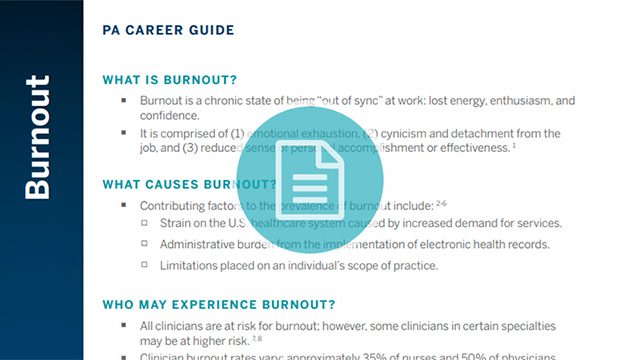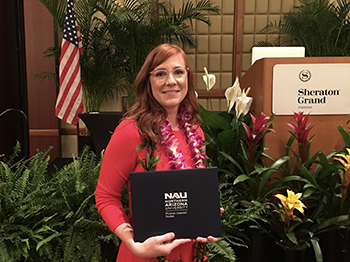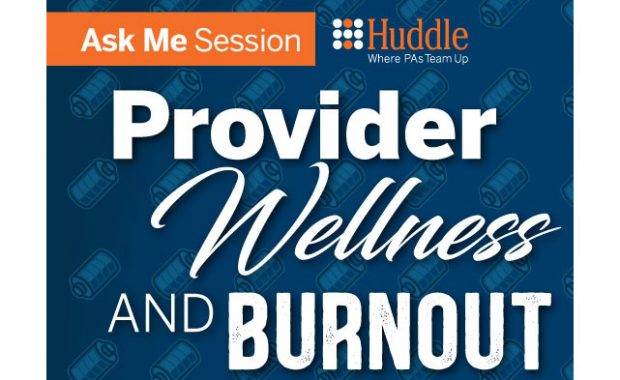Career Resources
Creating a Five-Year PA Career Plan
Creating a five-year plan for your PA career is an empowering way to take charge of your career development. Read on for the PA Career Coach’s advice on how to identify your career goals and translate those goals into an actionable plan.
Key Networking Tips for Pre-PAs
Do you want to learn from the experiences and insights of PA and PA student experts? This article includes the biggest takeaways from participants of the Pre-PA Virtual Mixer, including how to prepare for PA school and excel in your career as a PA.
Taking A Sabbatical
PAs report high job satisfaction but also suffer from burnout, which can take extended periods to fully recover from. Taking a sabbatical from the profession has many benefits and can help foster burnout recovery.
Finding Your Dream Job
There is no perfect job. Career satisfaction is highly individualized. PAs can find the right job for them by carefully considering variables like work-life balance, compensation, and work setting, and prioritizing the variables that align with their passions, values, and morals.
Three Steps for Bouncing Back from Career Setbacks
Career disappointments and setbacks are parts of the professional journey that will happen to almost every PA at some point—and they can feel devastating. In this article I’d like to explore some ideas and approaches for responding to career setbacks so that you not only rebound but return to your practice with greater zest and confidence.
Burnout Can Occur Early Among PAs and PA Students
Although one might think that burnout only occurs in seasoned PA providers, even students can experience burnout. There is hope for the student and early career PA. A national trend toward addressing the mental health of our medical providers includes new assessments and onboarding.
PA Wellness
At AAPA, we’re here to support your PA well-being and fight PA burnout by ensuring your emotional, physical, social, workplace, and societal well-being.

Blueprint for Addressing Physician Assistant Well-being and Burnout
The goal of the Blueprint for Addressing PA Well-Being and Burnout is to provide a brief overview of what is currently known about PA burnout and well-being, and more importantly, provide an enduring framework for increasing PA engagement at work and improving the well-being of the profession.

Tips for New PAs on How to Grow Your Role at Work
Are you a new PA who is ready to grow your role and increase responsibilities at work? Two members of the Early Career PA Commission, Allyson Hamacher, PA-C, and Jack Ward, PA-C, share tips for other early career PAs.

Feeling Unfulfilled? You Might Need a New Job
Changing jobs is one of the most impactful ways of creating positive change in your PA career. Is it time for you to move on from a position that is no longer inspiring, sustainable, or financially rewarding?

Sponsored
Locum Tenens Offers Work/Life Balance and a Fresh Start
PAs can turn to locum tenens as a full-time career alternative that allows them to take control of their own schedule, establish a better work/life balance, and enjoy a regular change of scenery.

Getting Ahead of Burnout: Experts Share Tips for Provider Well-being
Huddle’s latest Ask Me session on burnout and clinician wellness enlisted experts Eric Tetzlaff, PA-C, DFAAPA, and Susan Kopynec, MPAS, PA-C Emeritus, DFAAPA, to offer up-to-date information and tips for providers to maintain their well-being and avoid burnout.

How PAs Can Take on More Responsibility Without Burning Out
As we advance in our careers, it’s natural to want to take on more responsibility. But there’s a tricky balance – we don’t want our PA practice or our enthusiasm for healthcare to suffer. Follow these four tips to take on more without burning out.

Sponsored
Why I Changed Specialties as a PA
One of the major advantages of becoming a PA is that it is relatively easy to change from one specialty to another without the need for new certification. More than 50% of PAs will change specialties during their careers, according to AAPA’s Salary Report.

How to Find Your Voice at the Leadership Table
Looking for ways to ensure that your voice is heard at the leadership table? Alisha T. DeTroye, MMS, PA-C, DFAAPA, director of PA Services at Wake Forest Baptist Health and president-elect of North Carolina Academy of PAs, shares her tips.

